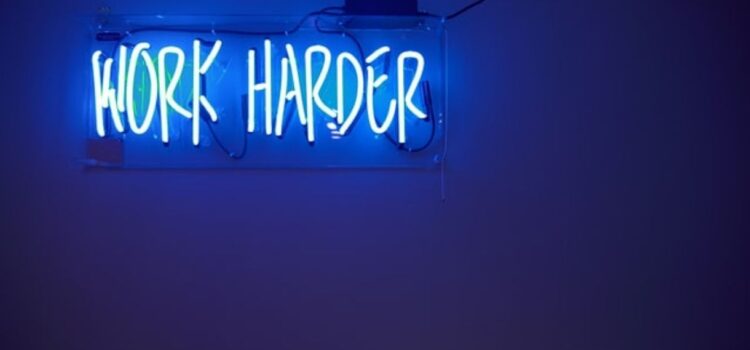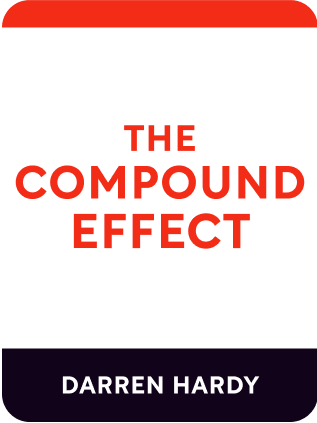

This article is an excerpt from the Shortform book guide to "The Compound Effect" by Darren Hardy. Shortform has the world's best summaries and analyses of books you should be reading.
Like this article? Sign up for a free trial here .
Why do they say “hard work is the key to success?” And if this is so, why are there so many shortcuts and hacks advocated by self-help gurus?
As a quick-fix society, we have come to believe that success should come as quickly as all the other conveniences in our lives, such as fast food, overnight delivery, and instant hot water. But when it comes to achieving real success, there are no quick fixes—hard work is the key to success.
Here is why you should ditch the idea of quick fixes and embrace that hard work is the key to success
Hard Work Is the Key to Success
It’s also difficult to buy into the Compound Effect because we’re not used to putting in hard work over long periods of time to get the results we want.
To truly succeed, we have to regain the work ethic of the older generations. and embrace the fact that hard work is the key to success. Think about your grandparents; they likely worked hard, developed good habits, and practiced discipline over their lifetimes. Today, however, many of us suffer from a complacent, entitled mentality and don’t value such success skills as grit and hard work.
We may reach a certain level of success, but then we get comfortable and slack off—we stop doing what led to our initial success. Hardy likens this to the frog in boiling water who doesn’t jump out because the warming was so slow he never noticed he was getting cooked.
Real success that lasts requires a lot of hard work with maintained consistency, despite the shortcuts you may hear about in the media or from self-help gurus.
Nothing Fails Like Success
A wonderful new beach restaurant opened up in Hardy’s home town. At first it was spotless, offered friendly service, and the food was incredible. People lined up and waited for more than an hour for a table. But success made the restaurant staff complacent; servers looked disheveled and lost their courteous ways; the food quality went down. This restaurant went out of business in a year and a half, done in by their own success—when they stopped doing what made them successful in the first place.
There Are No Quick Fixes
We believe success should come as quickly as all the other conveniences in our lives, such as fast food, overnight delivery, and instant hot water. You may be entranced by the idea of winning the lottery or hitting the jackpot in Vegas, but these scenarios are more than highly unlikely—you have about a zero percent chance of being the big winner.
Success comes from continued effort—daily hard work and discipline compounded over time. You can create the life of your dreams, but it won’t happen overnight.
The Compound Effect is always working. Whether it’s working to bring you success or failure is up to you. Using the Compound Effect to create a better life is a matter of making simple, positive changes—and sticking with them.

———End of Preview———
Like what you just read? Read the rest of the world's best book summary and analysis of Darren Hardy's "The Compound Effect" at Shortform .
Here's what you'll find in our full The Compound Effect summary :
- How small, daily actions can add up to big successes (or failures)
- Why it's easier to rely on the compound effect over time instead of taking big action all at once
- How it's possible to be better off starting with a penny than $3 million






